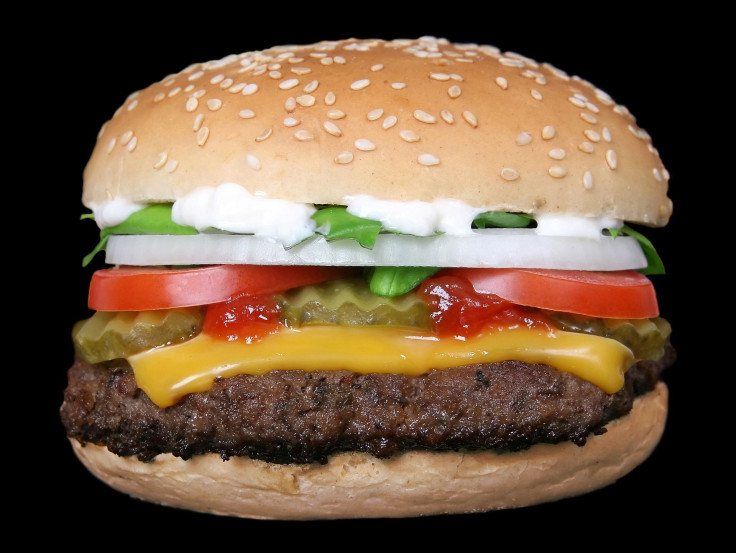4 Eating Habits Most Associated With Weight Loss, Lower BMI

If you want to lose weight, it's not what you eat but rather when you eat it, according to new research. The study examined factors that led to weight loss, and found that regardless of what people actually ate, it was the time of their meals and whether they snacked throughout the day that most influenced their body mass index, or BMI.
Four eating habits were most associated with weight loss: "eating only one or two meals a day, maintaining an overnight fast of up to 18 hours, eating breakfast instead of skipping it, and making breakfast or lunch the largest meal of the day," according to a statement. In addition, the factors associated with higher BMI were snacking and eating more than three meals a day, and having dinner as the largest meal of the day.
Read: Intermittent Fasting For Health: For Weight Loss, Should You Skip Breakfast Or Dinner?
"Before age 60 years, those eating calories earlier in the day had less weight gain," said study co-author Gary Fraser in a recent statement, explaining that after age 60, the same behavior tended to produce a larger rate of weight loss than average. "Over decades, the total effect would be very important."
For the study, a team of researchers from Loma Linda University School of Public Health and the Czech Republic used information on more than 50,000 individuals to better understand eating factors that affected body size. Overall, results revealed that individuals who ate less than two meals a day had the lowest BMIs, however, skipping breakfast had the opposite effect. In addition, snacking was associated with the most weight gain.
Although it's important to eat fewer calories overall, consuming more calories earlier in the day and fewer in the evening may help to keep weight gain with age to a minimum.
The idea that breakfast is the most important meal of the day has been around for decades, and while the actual importance of breakfast may be debatable, breakfast eaters are usually thinner than those who pass up the meal. Why is this? Some research suggest that skipping the meal can result in an abnormal metabolism that can lead to obesity. In addition, not eating breakfast can also interfere with the body’s internal clock, making it switch from the normal time frame to a more nocturnal lifestyle. What’s more, eating a larger meal later at night may be correlated with weight gain because food eaten shortly before bed is not used by the body as energy, and instead is able to be stored as body fat.
While this report shows what, on average, leads to the biggest weight gains, the researchers emphasized that regardless of how much you eat and when you eat it, most individuals will gain some weight as they age.
Source: Kahleova H, Lloren JI, Mashchak A, Hill M, Fraser GE. Meal Frequency and Timing Are Associated with Changes in Body Mass Index in Adventist Health Study 2. Journal of Nutrition . 2017
See Also:
Most Important Meal Of The Day? This Doctor Believes It's Just Fine To Skip Breakfast
Lose Weight Fast: What's The Safest Number Of Pounds You Can Lose In A Day? Week? Month?
Published by Medicaldaily.com



























